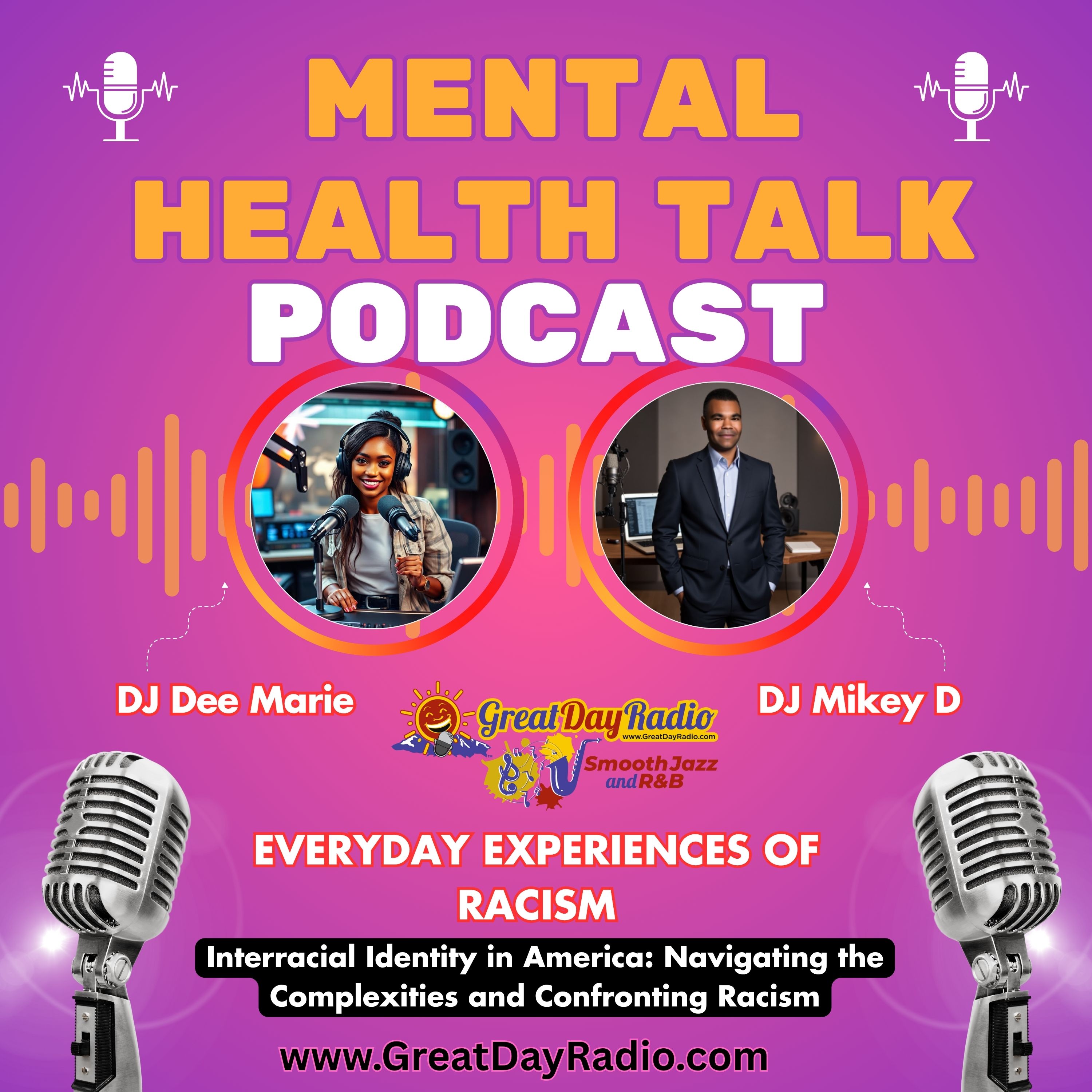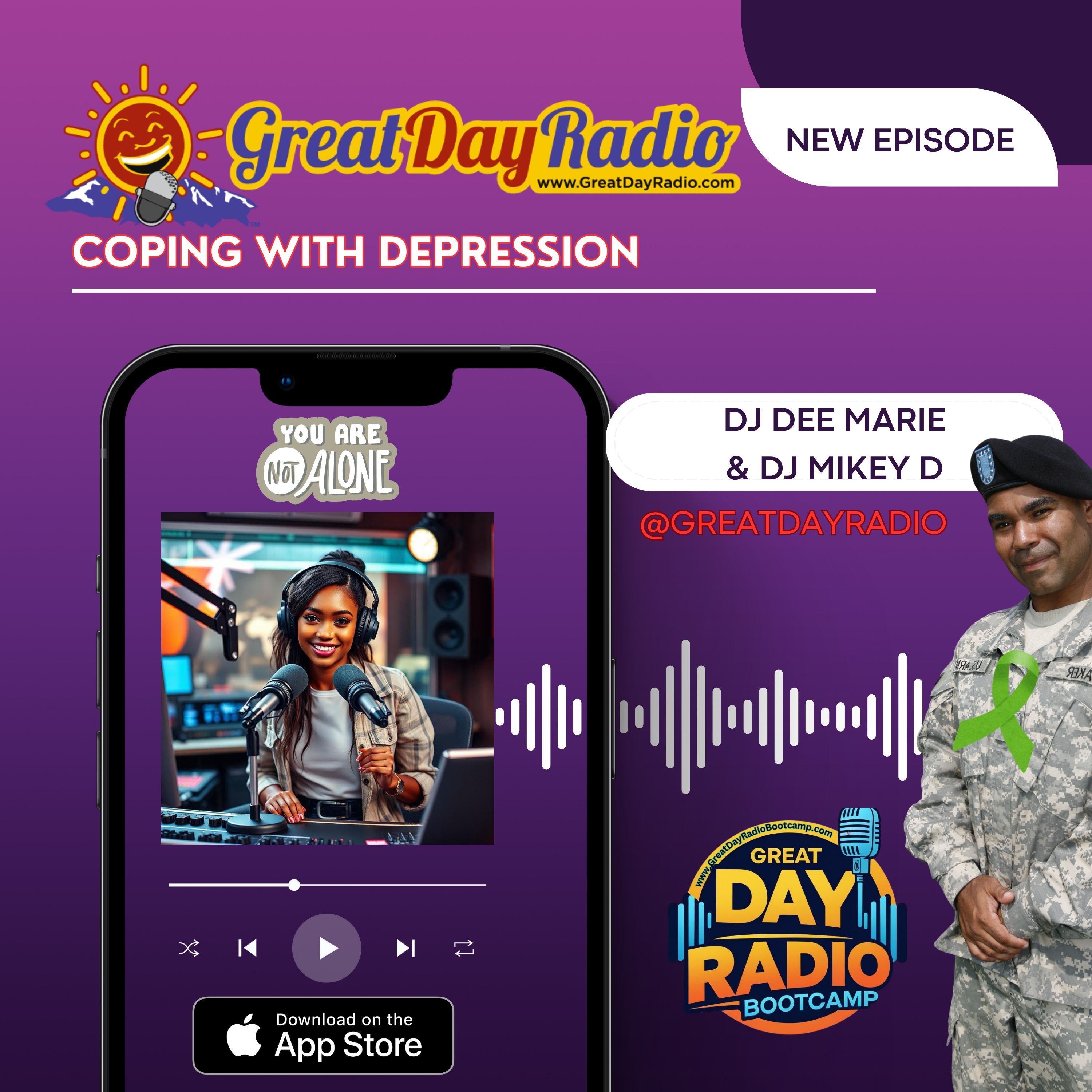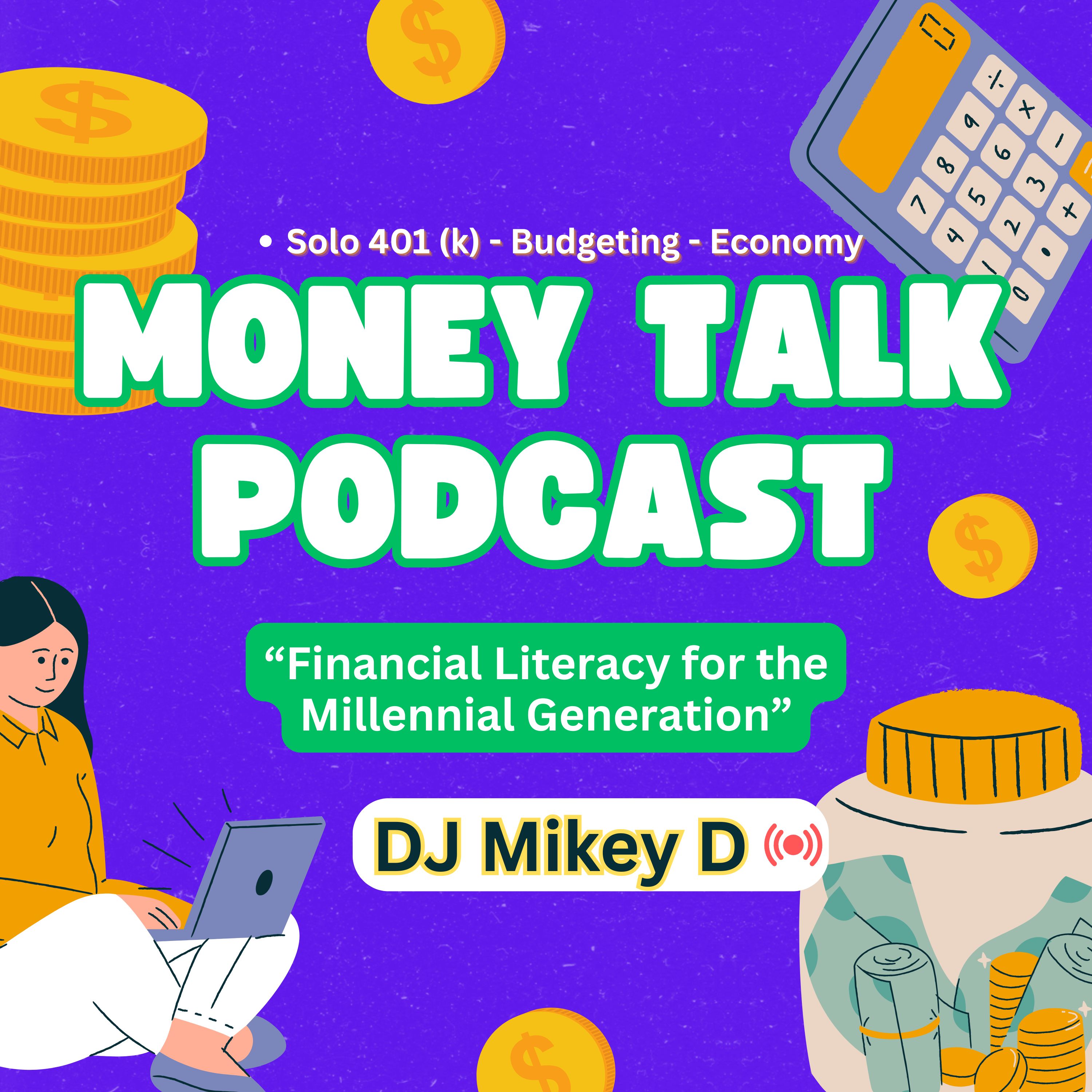
Beyond Categories: How Multiracial Americans Are Reshaping Identity
"I catch hell from all sides." Discover the reality of navigating multiple cultural identities in America. Our new episode unpacks microaggressions, cultural homelessness, and the surprising strengths that come from living between worlds.
America is rapidly approaching a turning point in its racial and cultural makeup. According to recent studies highlighted in our podcast, by 2050, over 30% of Americans will identify as multiracial – a demographic shift that will fundamentally transform how we conceptualize identity, belonging, and culture in the United States. This evolution represents one of the most significant social shifts of the 21st century, challenging our traditional understanding of racial categories and creating new cultural frameworks that transcend conventional boundaries.
Growing up interracial in America comes with unique challenges that are rarely discussed in mainstream conversations about race. As our hosts shared from personal experience, multiracial individuals often face questioning from all sides and find themselves constantly explaining their identities to others. The psychological impact of this experience is substantial – research from the American Psychological Association indicates that many multiracial people experience what experts call "cultural homelessness," a profound feeling of not fully belonging in any single cultural space. This phenomenon affects mental wellbeing and shapes how multiracial individuals navigate social spaces throughout their lives.
Microaggressions play a significant role in the multiracial experience. These subtle forms of discrimination often manifest as seemingly innocent questions like "What are you?" or assumptions about someone's background based on appearance. Our podcast revealed that experiencing just three such interactions per day can significantly increase stress levels and negatively impact mental health over time. Despite comprising a growing segment of the population, multiracial representation in media remains limited – the latest media diversity report shows that while interracial representation has increased by 24% over the past five years, it still accounts for only about 8% of mainstream media content.
Digital platforms have emerged as critical spaces for multiracial identity exploration and community building. Social media has created unprecedented opportunities for dialogue, understanding, and representation. According to our discussion, these online platforms have become the primary space where 72% of young multiracial Americans explore and express their cultural identity. This digital revolution is reshaping conversations around race and providing valuable support networks for individuals navigating multiple cultural identities. Research indicates that multiracial individuals with strong support networks are three times more likely to report positive self-identity outcomes.
The generational shift in attitudes toward multiracial identity offers hope for the future. While studies indicate that about 55% of multiracial individuals still report experiencing discrimination at least monthly, younger generations are significantly more likely to challenge these biases and advocate for change. This progressive attitude is driving institutional transformations across sectors – from educational curricula that address the unique experiences of multiracial students to healthcare systems adapting to address specific health disparities affecting multiracial populations. Organizations implementing cultural competency training are seeing tangible benefits, with research showing that companies with diverse leadership teams are 35% more likely to achieve above-average financial returns.
As we look toward the future, demographic projections suggest that by 2040, the concept of racial majority will become obsolete in many urban areas, fundamentally changing how we think about identity and belonging in America. This evolution isn't just reshaping how we conceptualize race – it's redefining what it means to be American. The experiences of multiracial individuals provide valuable insights into our collective pursuit of equity and acceptance, contributing to a richer, more nuanced understanding of human identity. Their unique perspective positions them at the forefront of bridging cultural divides, embracing complex identities, and advocating for a more inclusive society that recognizes diversity as a source of collective strength rather than division.
By 2050, 30% of Americans will identify as multiracial. Our latest podcast explores how this demographic shift is reshaping identity, challenging biases, and creating new cultural frameworks beyond traditional categories. Listen now to join this crucial conversation.
Great Day Radio Sources:





